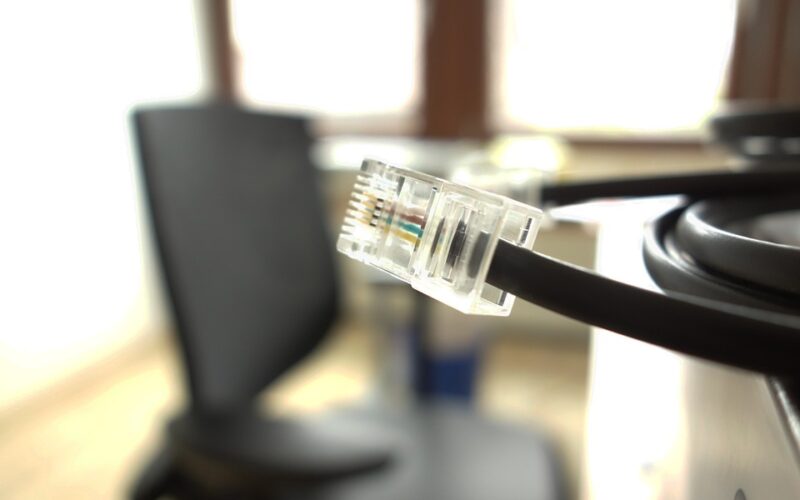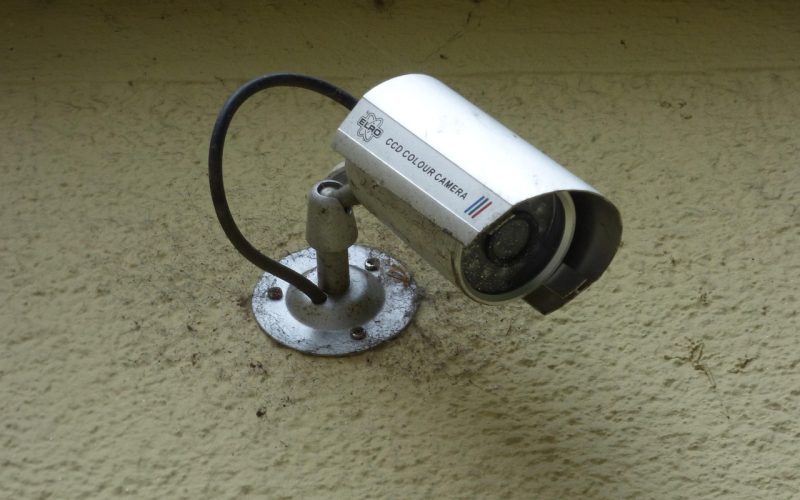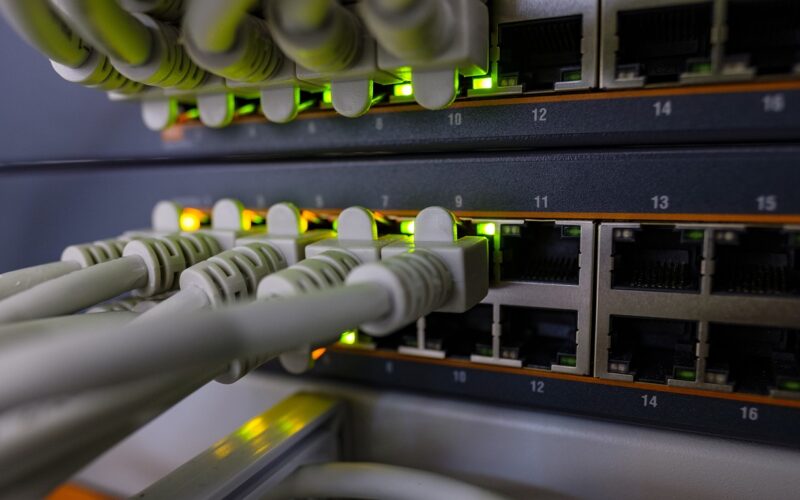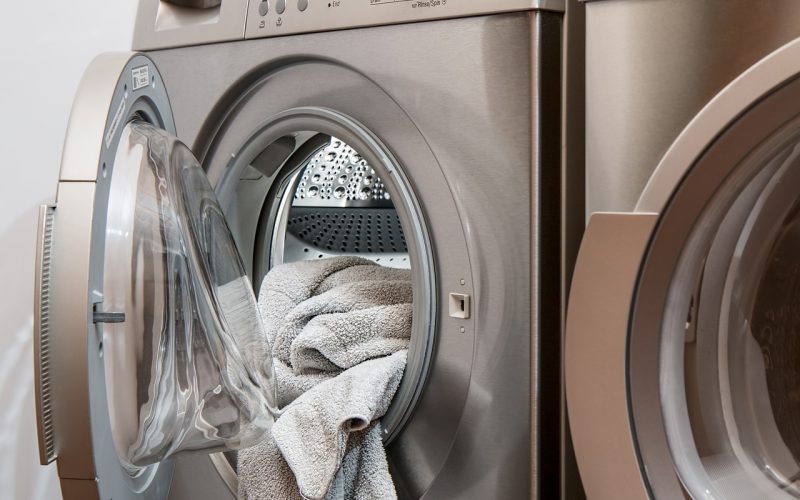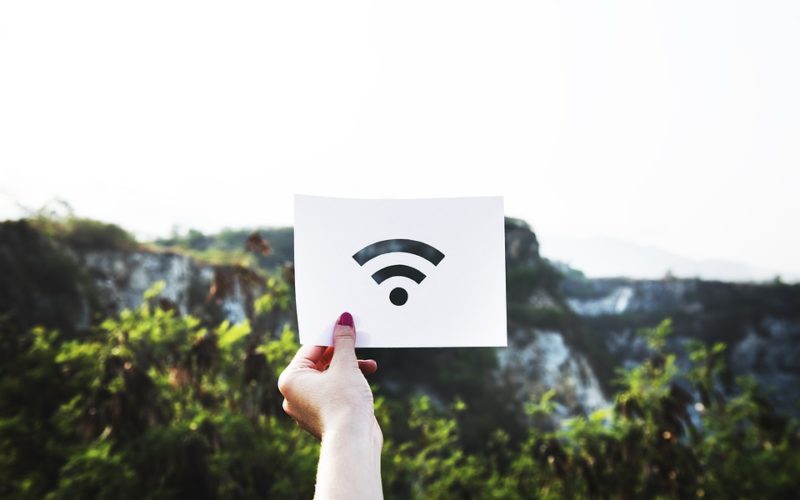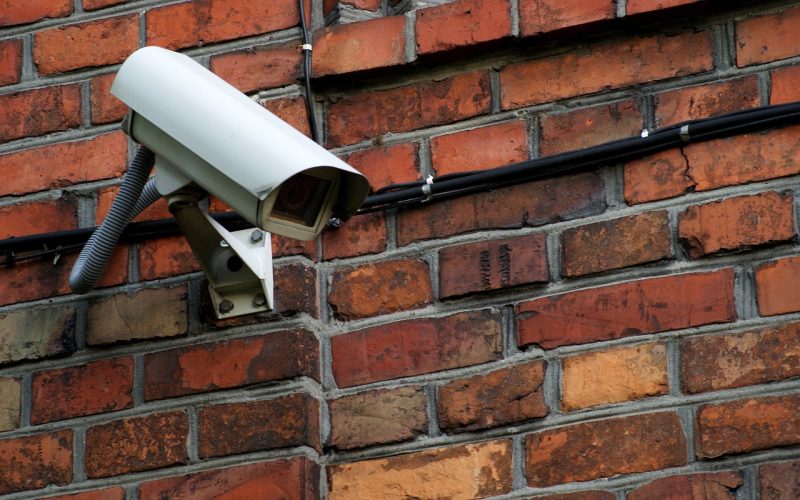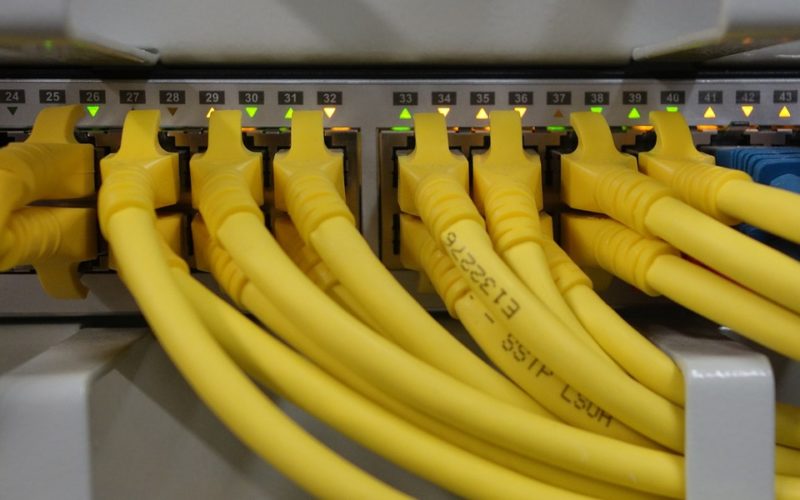Dependency In The Modern World
Our everyday lives are enmeshed with a growing array of electronic gadgets and devices. Futuristic once, these tools are now staples, integral to our daily functioning.
The dawn of the digital age
The onset of the 21st century marked a boom in technological advancements. Within a few decades, personal computers migrated from office desks to our pockets in the form of smartphones. Gadgets like laptops, tablets, smartwatches, and fitness trackers pervade every corner of modern life, from the boardroom to the bedroom. We've come a long way from the bulky cell phones and computers of the 1980s, entering an era where sleek, powerful devices rule supreme.
Convenience at our fingertips
In part, our dependency stems from the convenience these gadgets provide. Tasks that consumed hours are completed in mere minutes because of sophisticated technology's efficiency. Online shopping, digital banking, remote work, and virtual communication – all are made possible by the gadgets we now take for granted. The ease with which we can access information, entertainment, and services is unparalleled in human history.
Efficiency and productivity boosters
Electronic gadgets have also reshaped the workplace. They've enabled higher efficiency and boosted productivity, automating tasks and promoting seamless collaboration across geographical divides. Video conferencing tools and project management software are but a few examples of how electronic devices enhance business operations, rendering us reliant on their functionality to meet deadlines and achieve goals.
A double-edged sword
However, this convenience comes with its pitfalls. The more we rely on electronic gadgets, the more we find ourselves tethered to them. We check our phones compulsively, often first thing in the morning and last thing at night. The borders between work and home life blur, with constant notifications pulling us back to our screens. This omnipresence of technology can lead to difficulty unplugging, increased stress, and disrupted sleep patterns, raising concerns about the long-term impact on our wellbeing.
Technology shaping social interactions
Our reliance on gadgets extends beyond individual use, influencing social norms and interactions. Social media platforms mediate how we connect, while messaging apps have all but replaced traditional phone calls. These gadgets facilitate new forms of human connection, broadening our social networks but also redefining the essence of personal interaction. The art of conversation risks being lost to a sea of emojis and abbreviated messages.
The vulnerability of an interconnected world
This reliance also exposes us to vulnerabilities. Our data trails become fodder for targeted advertising, and the interconnectedness of our gadgets poses significant security risks. Privacy concerns grow as we weave more devices into the fabric of our daily lives, each collecting bits of personal information. Furthermore, critical infrastructure becomes susceptible to cyber-attacks, reminding us that our dependence on technology can carry hefty consequences.
Finding balance in a wired world
While the advantages of gadget dependency are undeniable – streamlining life and forging global connections – it’s imperative to strive for balance. It involves carving out gadget-free time, reinforcing boundaries between work and downtime, and engaging in face-to-face interactions. Teach children the value of unplugged play and model a lifestyle that embraces technology's benefits without falling prey to its dominion.
As we sail further into the digital era, the need to understand and manage our relationship with electronic gadgets becomes more crucial. They have become the backbone upon which modern life operates, but it's our responsibility to ensure that they augment rather than dictate the quality of our lives. Finding equilibrium in this wired world is the new challenge – one that we must meet with awareness and intentionality.


